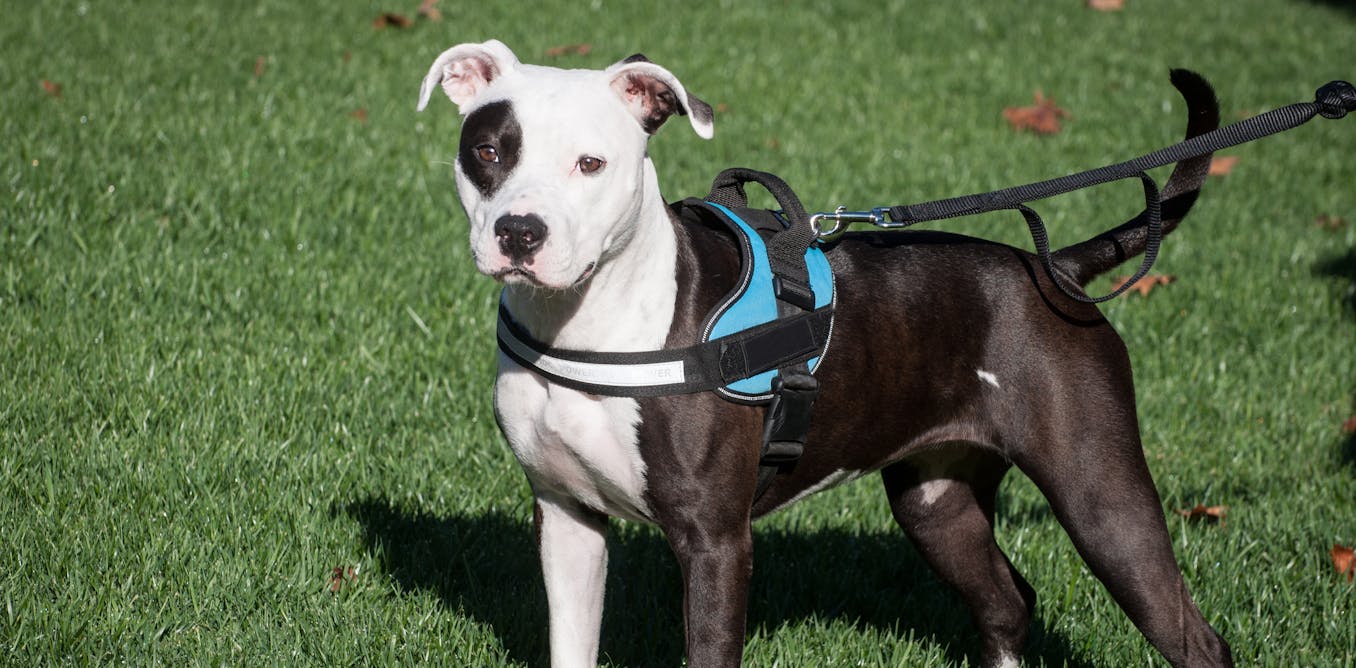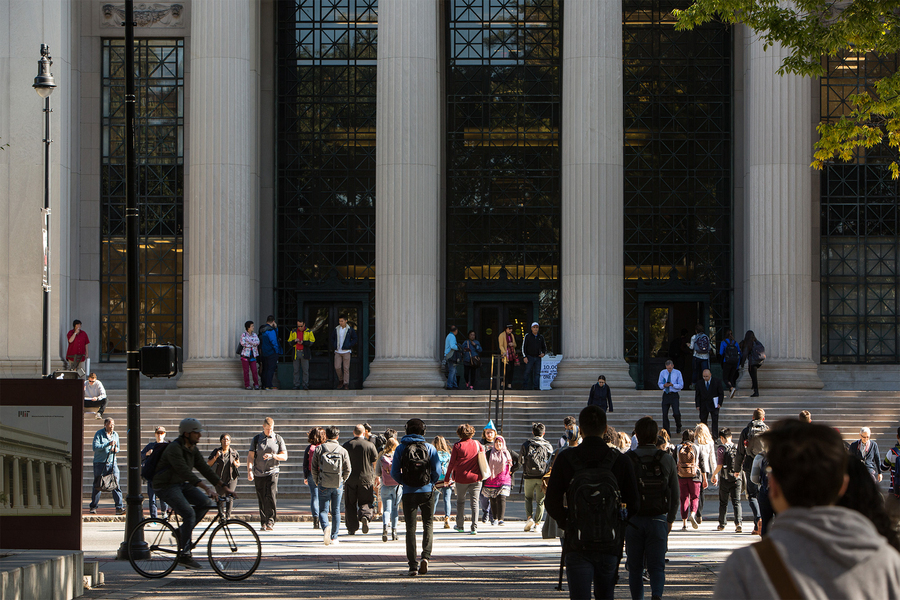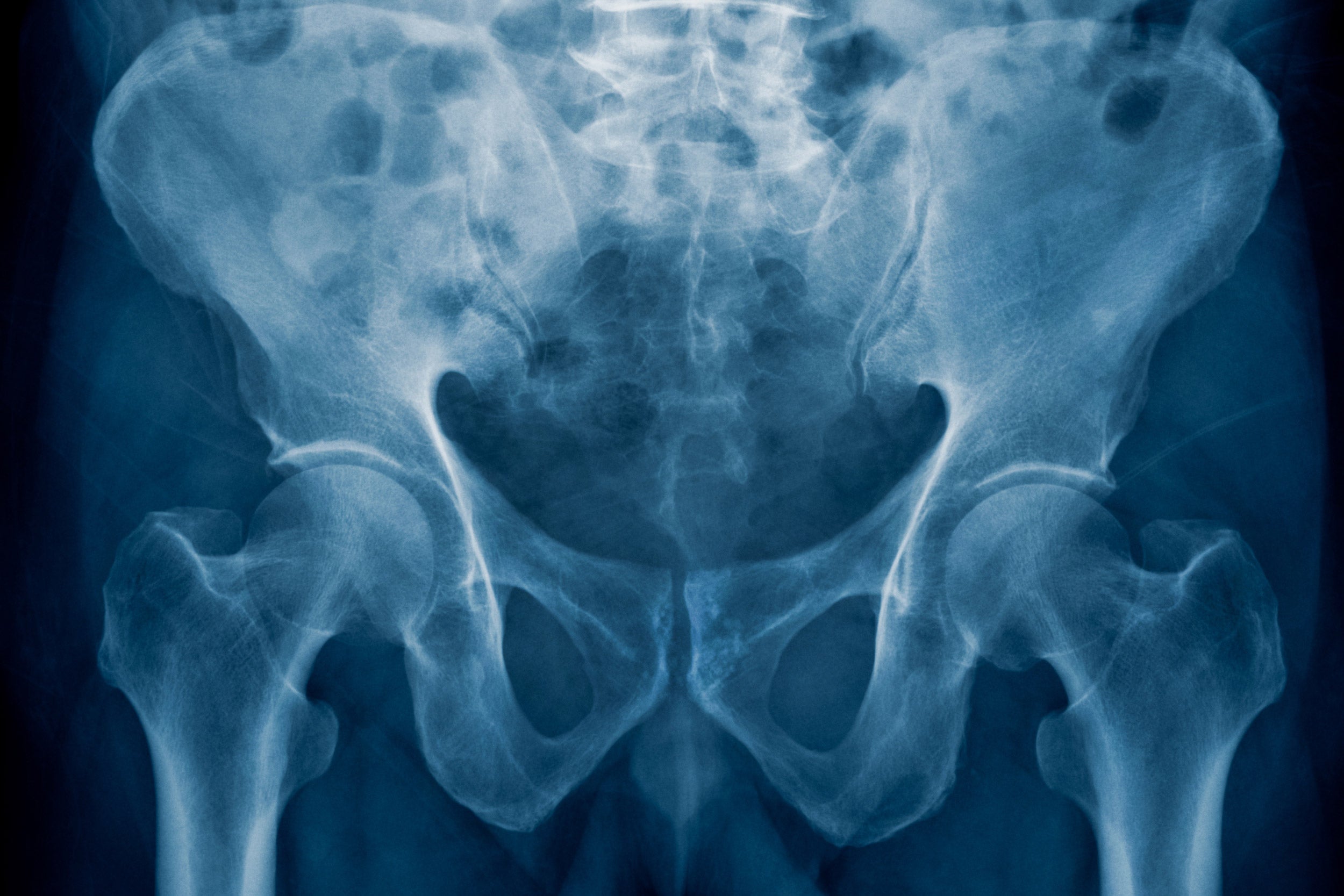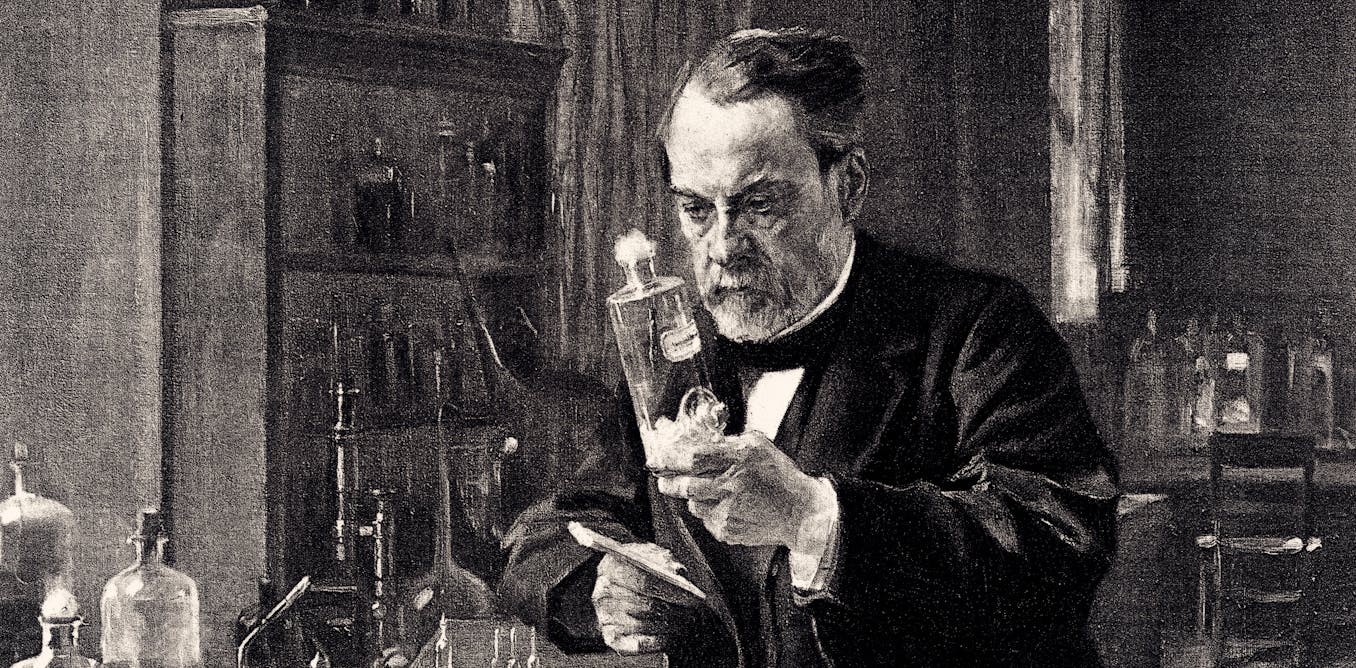Intuitions about justice are a consistent part of human nature across cultures and millennia
What people consider to be fair and just today are in line with the laws of ancient Mesopotamia and the Tang Dynasty in China – suggesting that these intuitions are part of human nature.
Oct. 21, 2022 • ~9 min








